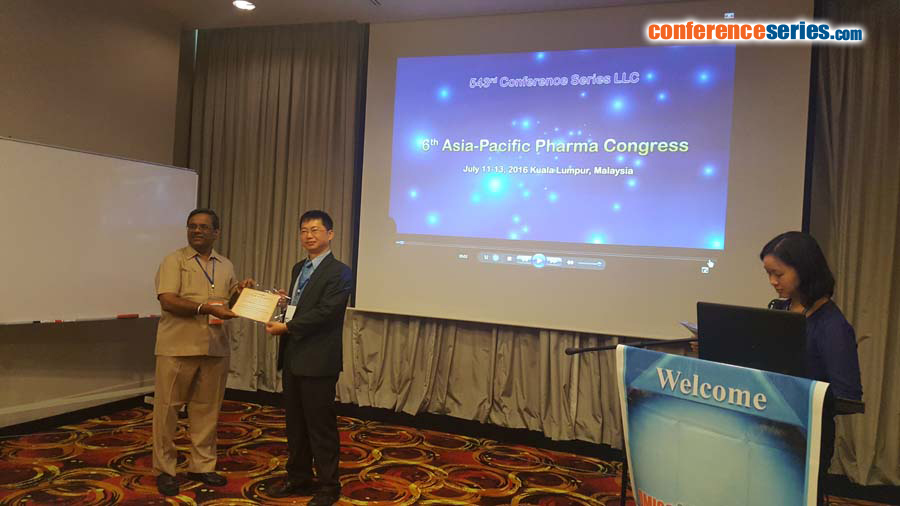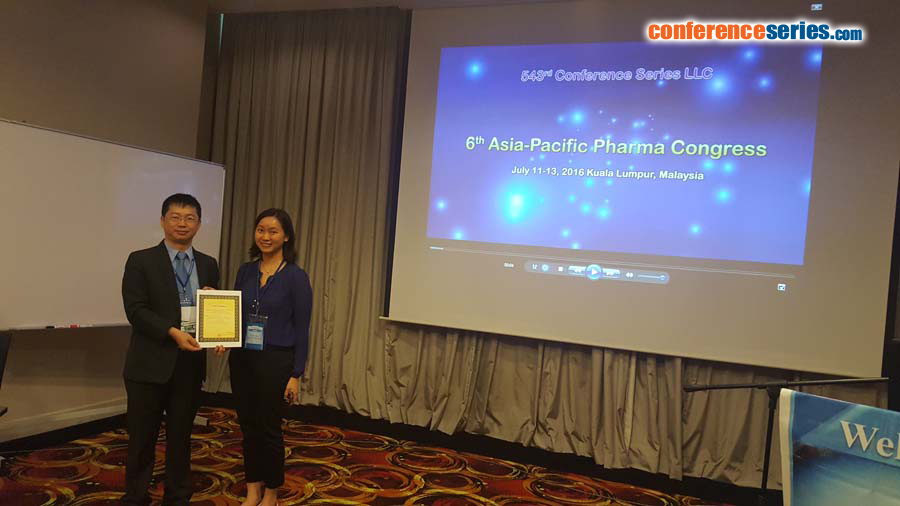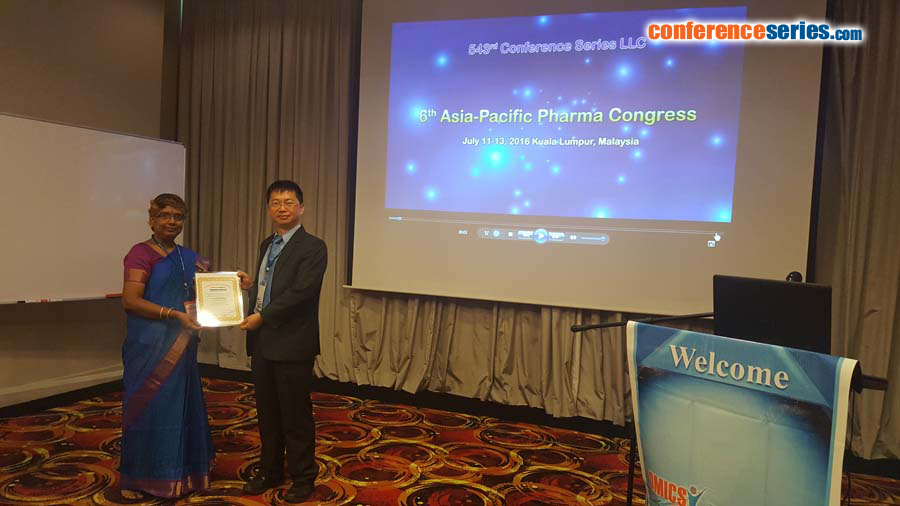
Shih-Jen Liu
National Health Research Institutes, Taiwan
Title: Recombinant lipoprotein-based immunotherapy against human papillomavirus-associated cancer
Biography
Biography: Shih-Jen Liu
Abstract
Human papillomaviruses (HPVs) infection could account for the development of several cancers, in particular, the cervical cancer which is the second leading cause of cancer death in women worldwide. Although prophylactic HPV vaccines have been used in many countries, the vaccine coverage rate is still low and cost is high. Therefore, to control of HPV-associated cancer mortality, therapeutic medicine is still an urgent need. It is known that the E7 oncoprotein of human papillomavirus (HPV) is an ideal target for developing immunotherapeutic strategies against HPV-associated tumors. In our previous studies, we reported that the recombinant lipoprotein containing inactive E7 (E7m) biologically linking with bacterial lipid moiety was able to activate the maturation of mouse bone marrow-derived dendritic cells through toll-like receptor 2 (TLR2), skew the immune responses toward the Th1, and induce the E7-specific CTL responses. However, the anti-tumor effects of rlipo-E7m are limited in small tumor. To increase the anti-tumor effects on large tumor, the innate receptor agonists were used for combination therapy. We found that a TLR9 agonist synergistically enhances CTL responses and eradicates large tumors (6-8 mm in diameter) when combined with rlipo-E7m. Furthermore, we observed that combined treatment with rlipo-E7m and CpG ODN effectively increases tumor infiltrating CTLs and reduces the numbers of immunosuppressive cells, myeloid-derived suppressor cells (MDSCs), macrophages and regulatory T cells (Tregs) in the tumor microenvironment. These findings suggest that the dramatic anti-tumor effects of the recombinant lipoprotein together with CpG ODN might be applied for the development of additional therapeutic cancer vaccines.
Speaker Presentations
Speaker PPTs Click Here




